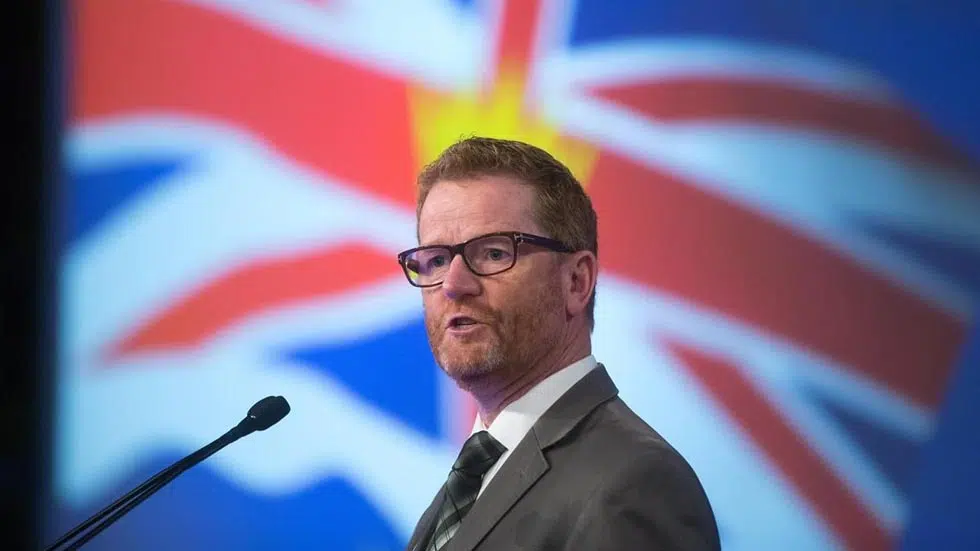
Lake declared ‘hero’ for work on opioid crisis
KAMLOOPS — Four years to the day after he was appointed BC’s Minister of Health, Terry Lake has been honoured for his leadership in addressing the province’s opioid crisis.
At a breakfast in Halifax this morning, Lake was given the National Public Health Hero award by the Canadian Public Health Association (CPHA).
In recognizing Lake, the CPHA said he provided “unwavering support… for the declaration of a public health emergency and the subsequent actions to stem the tide of tragic deaths from illegal drug overdoses in BC.”


